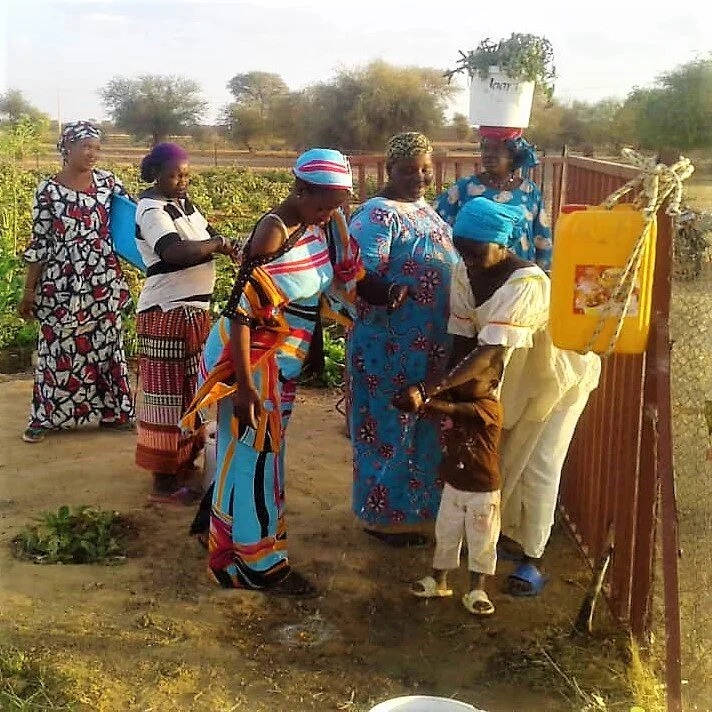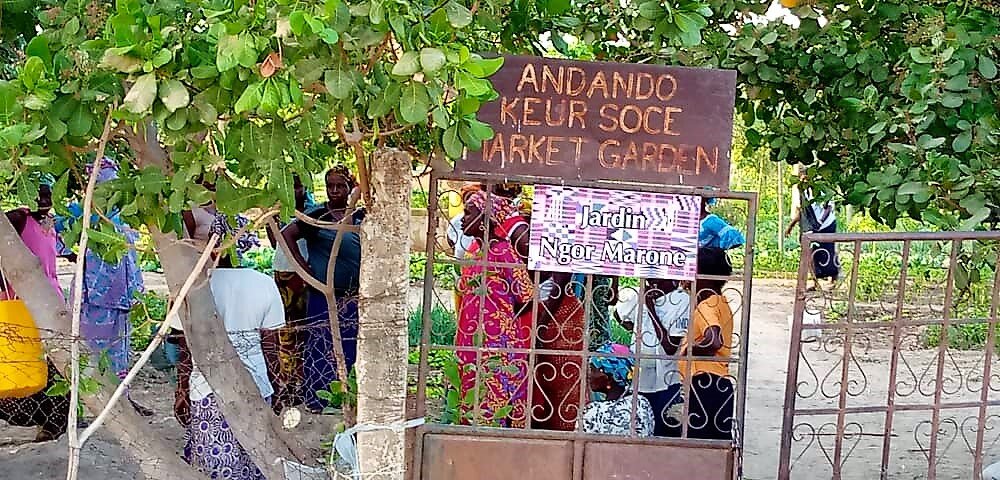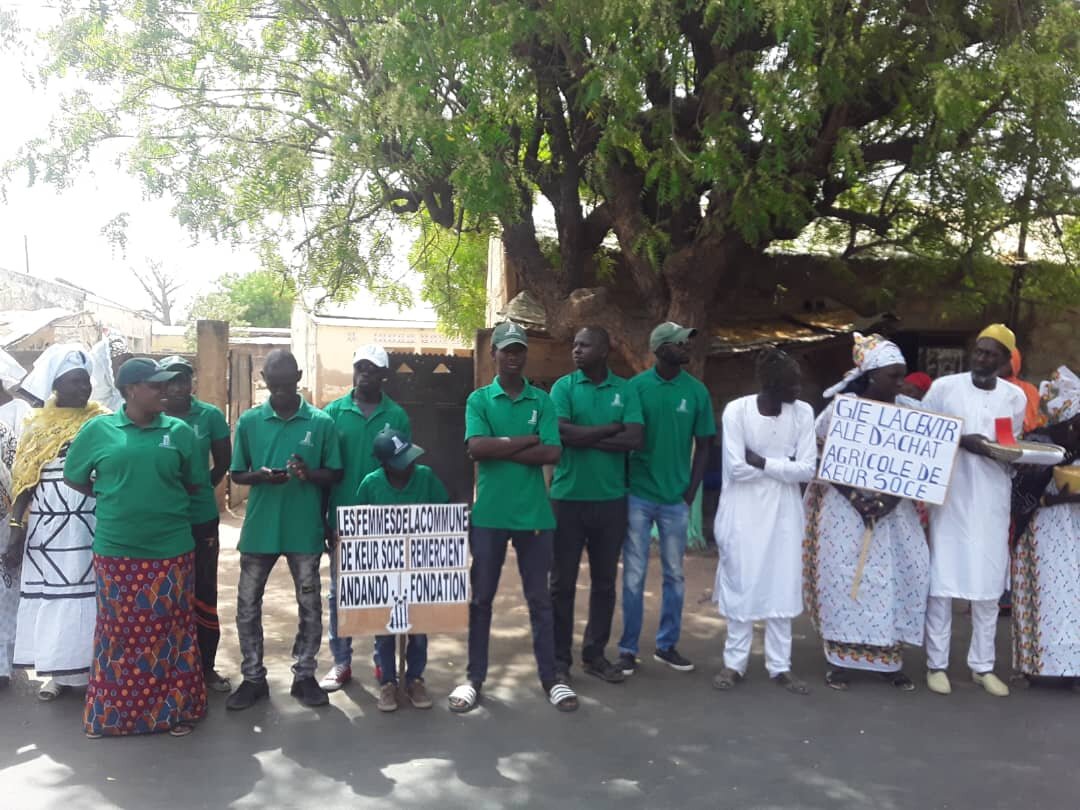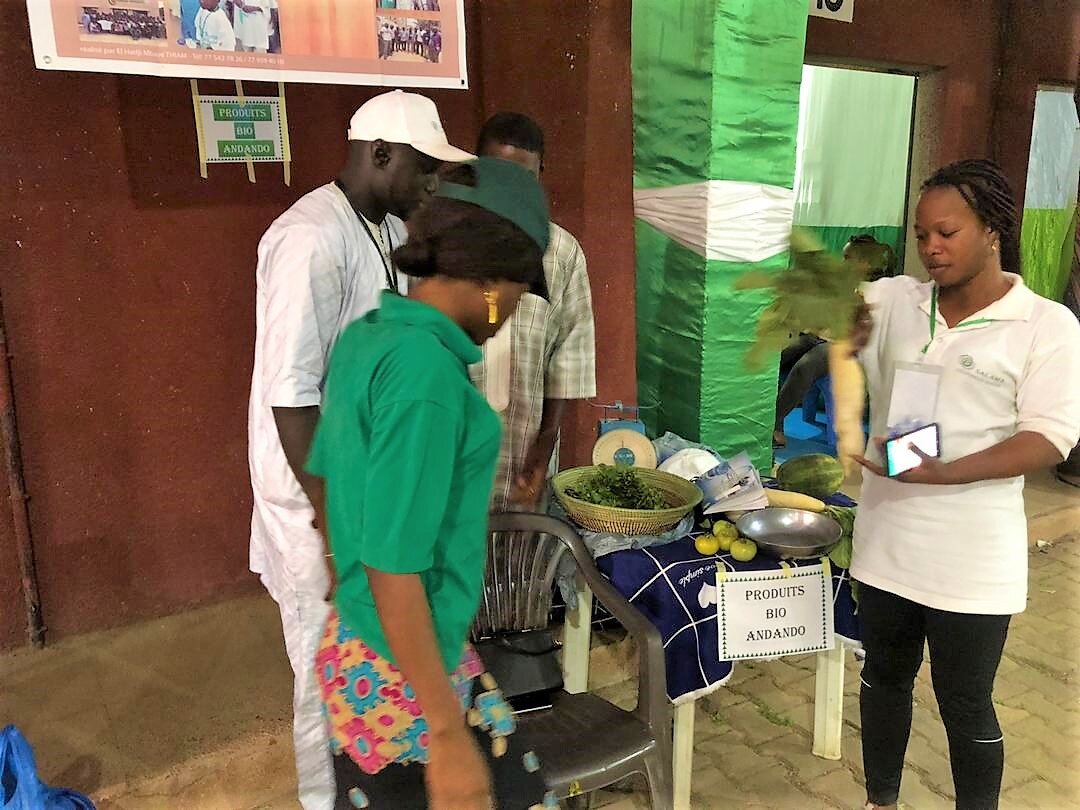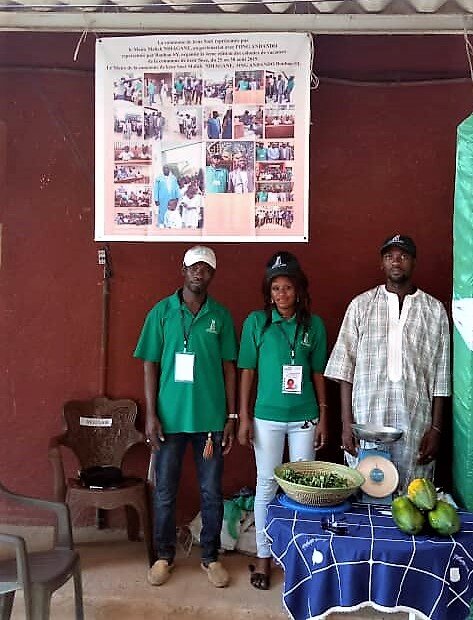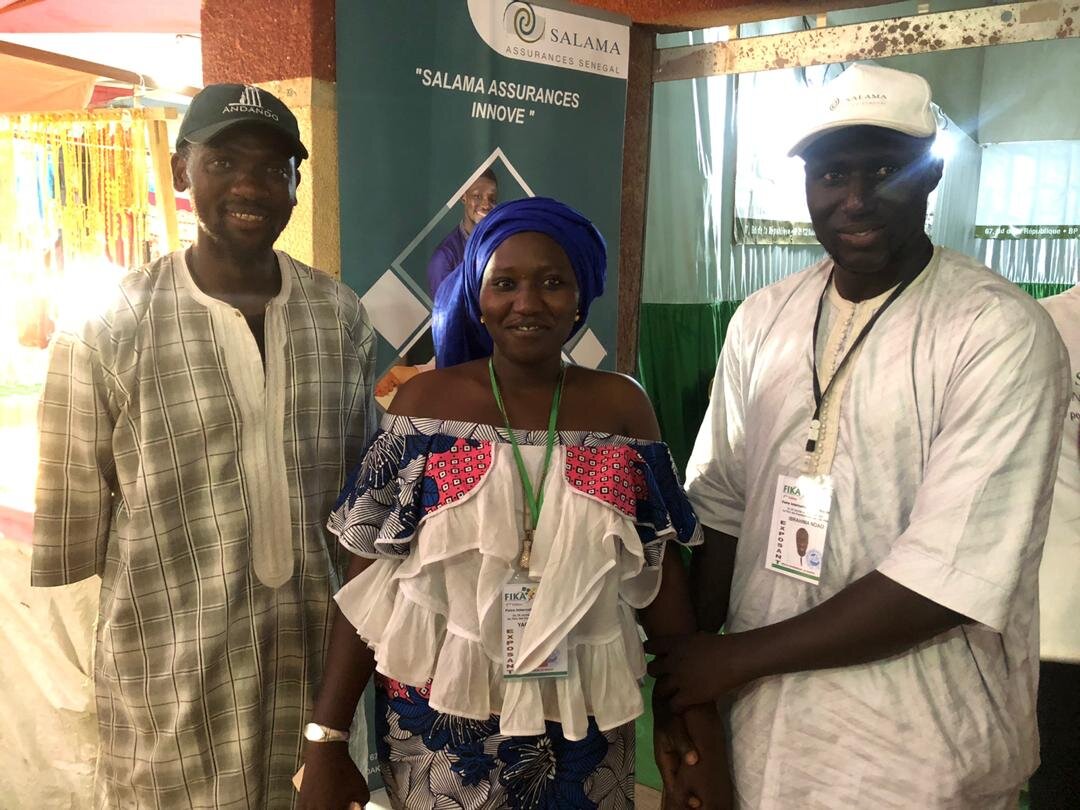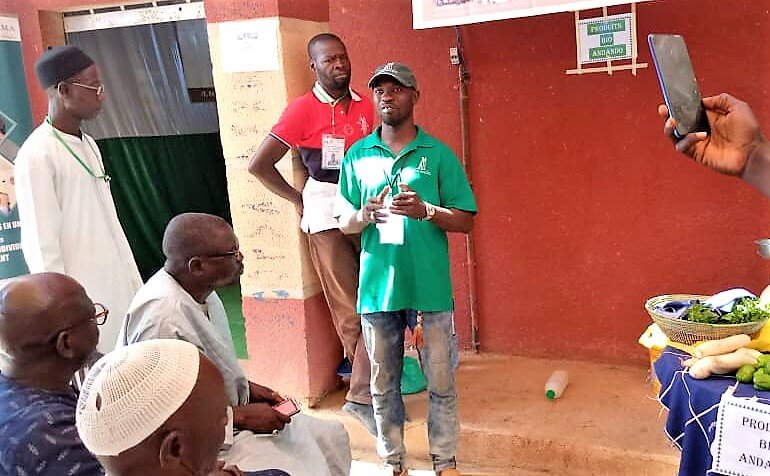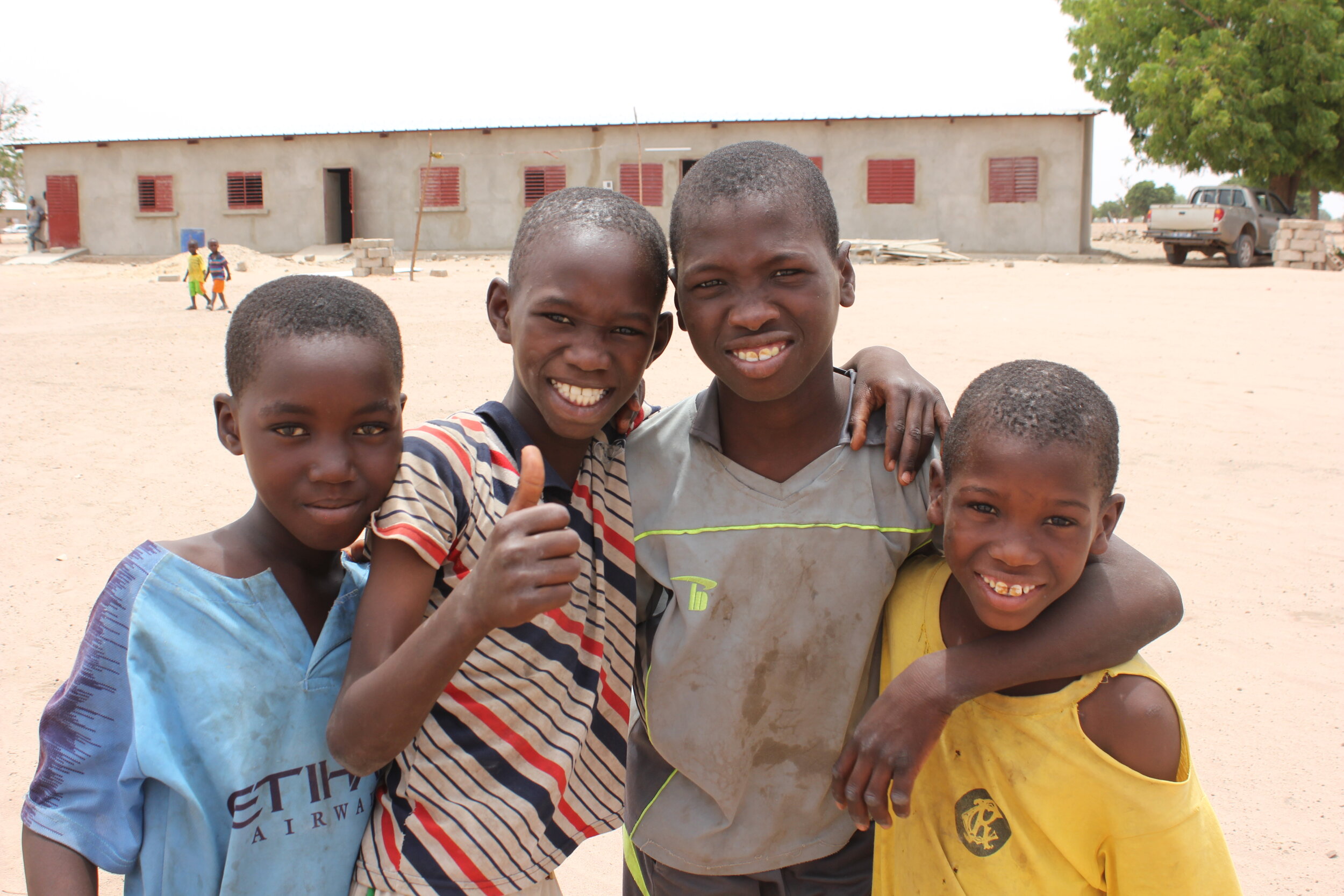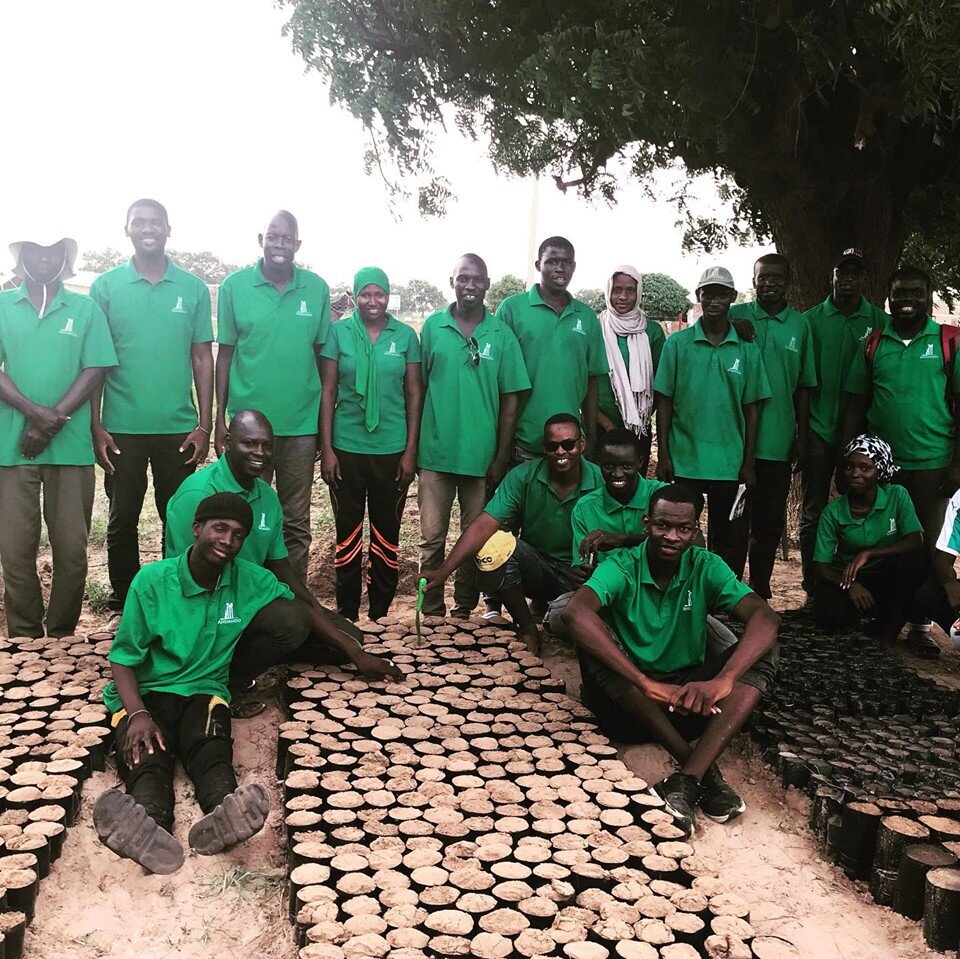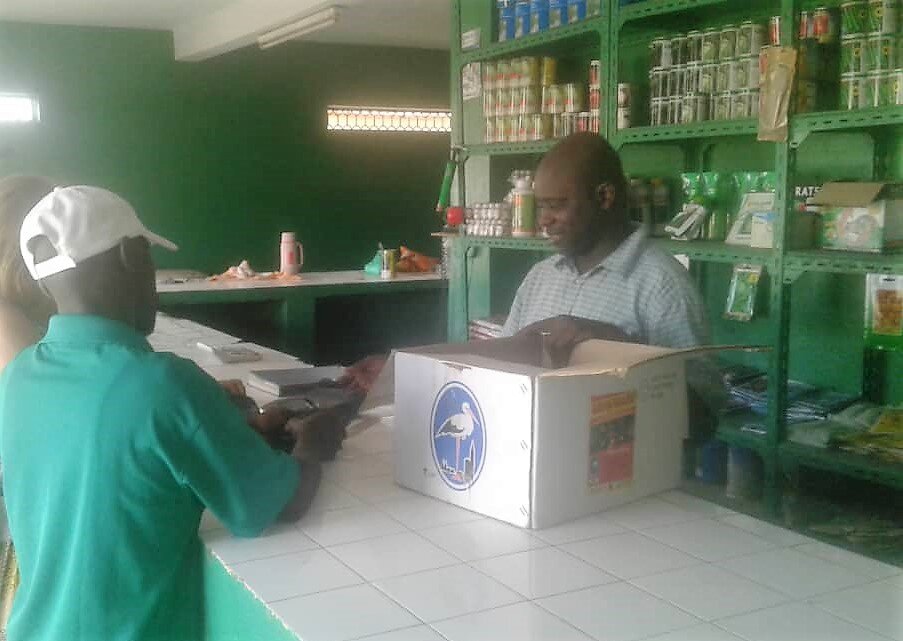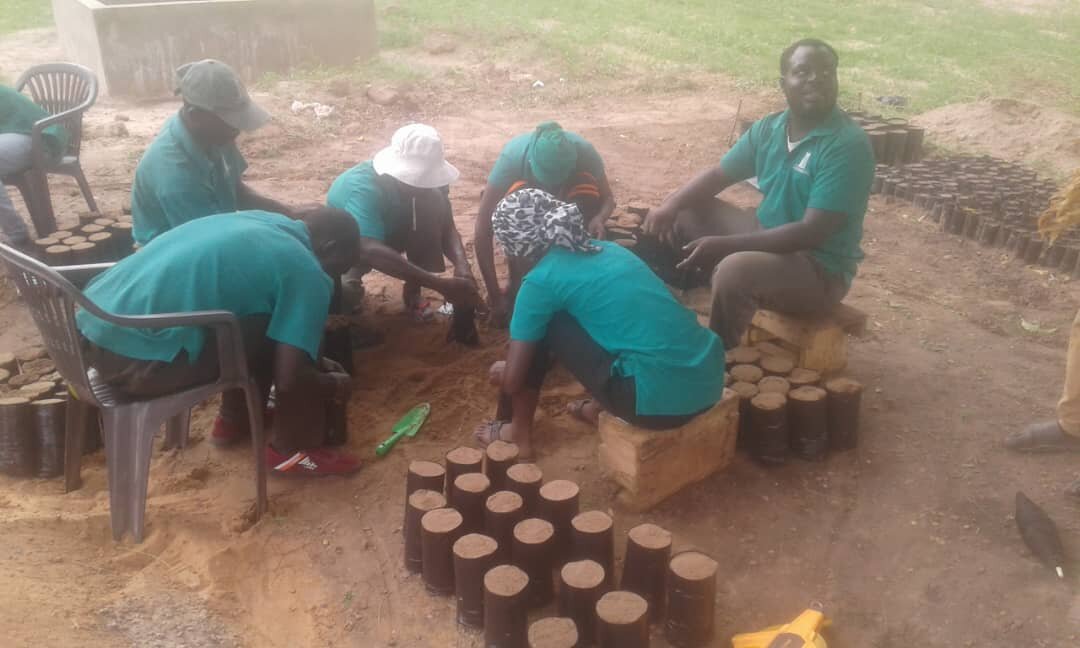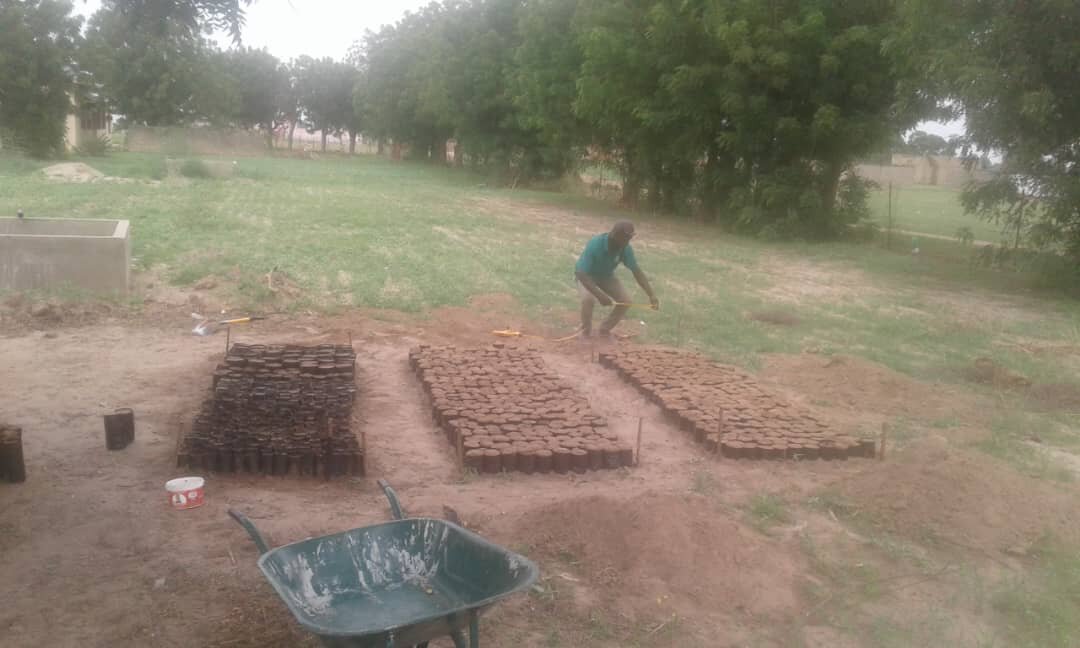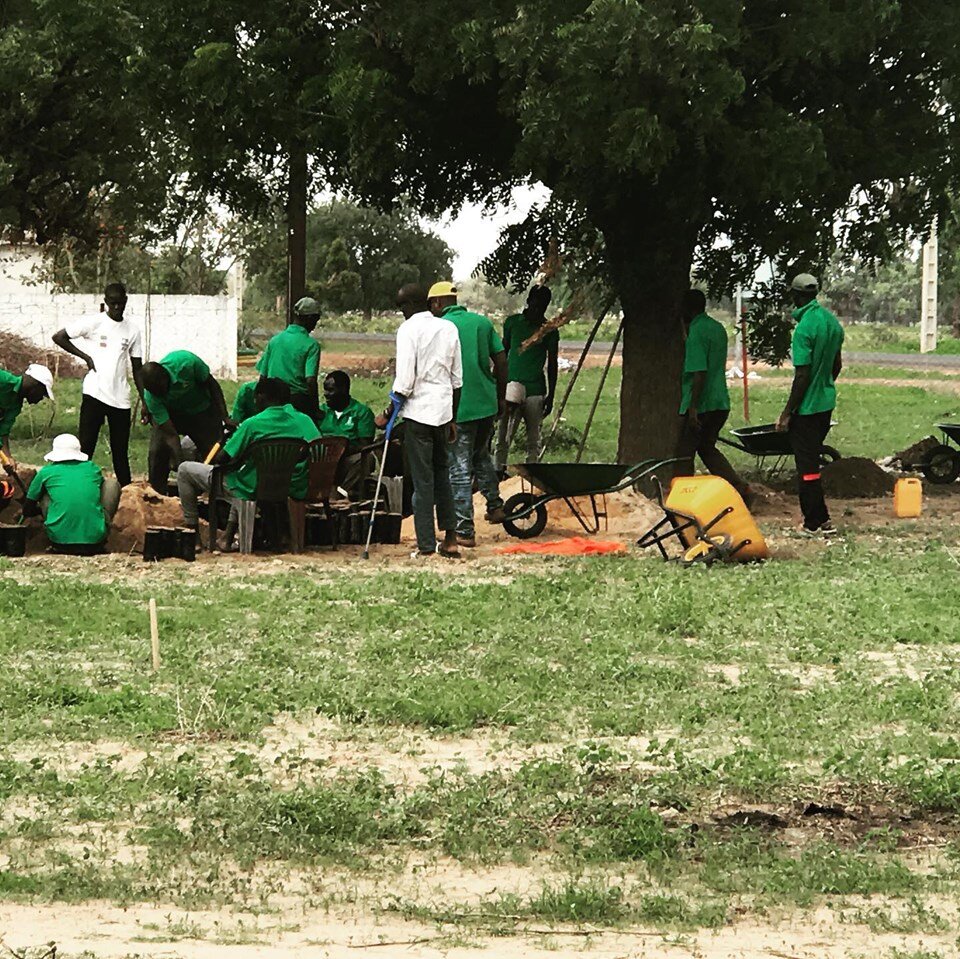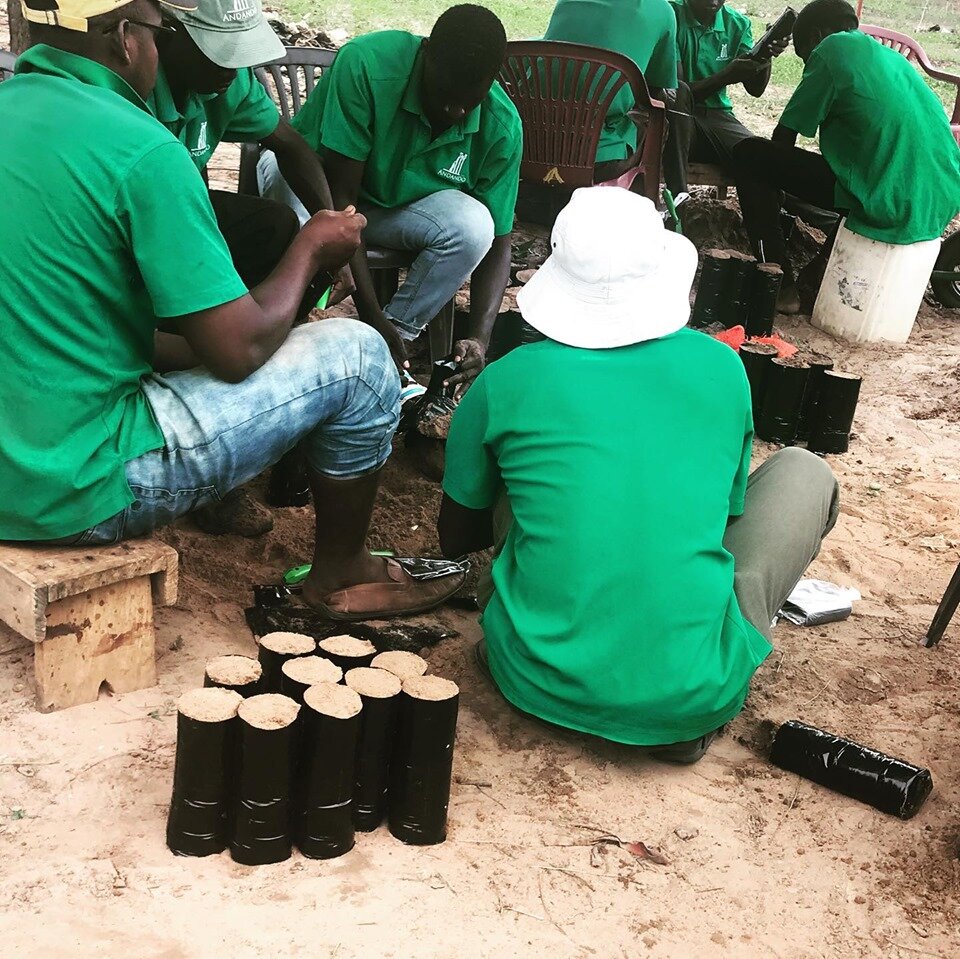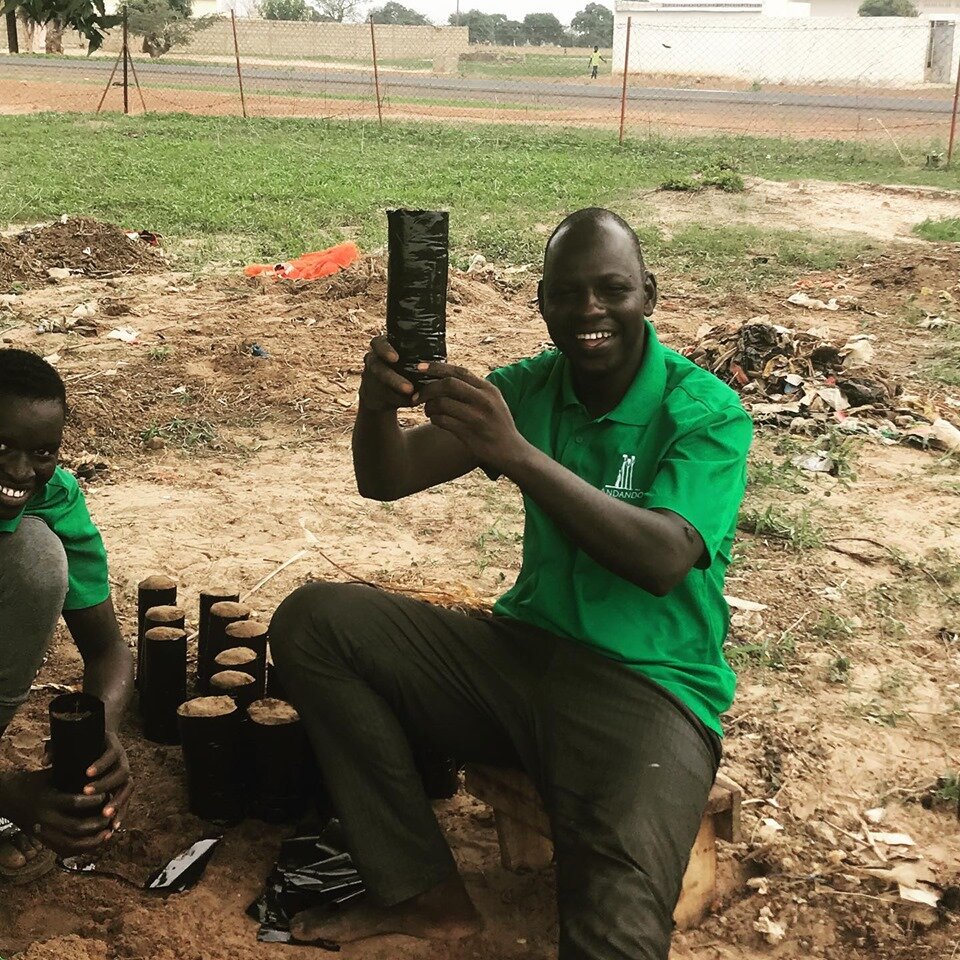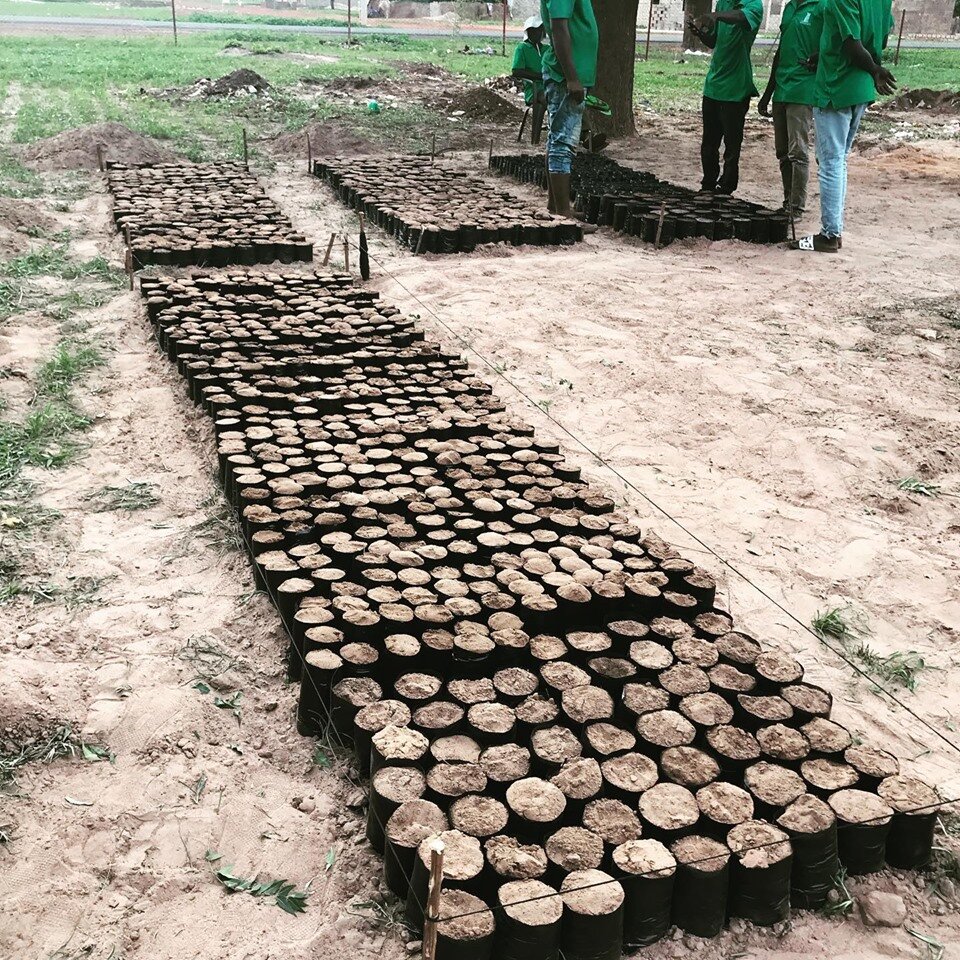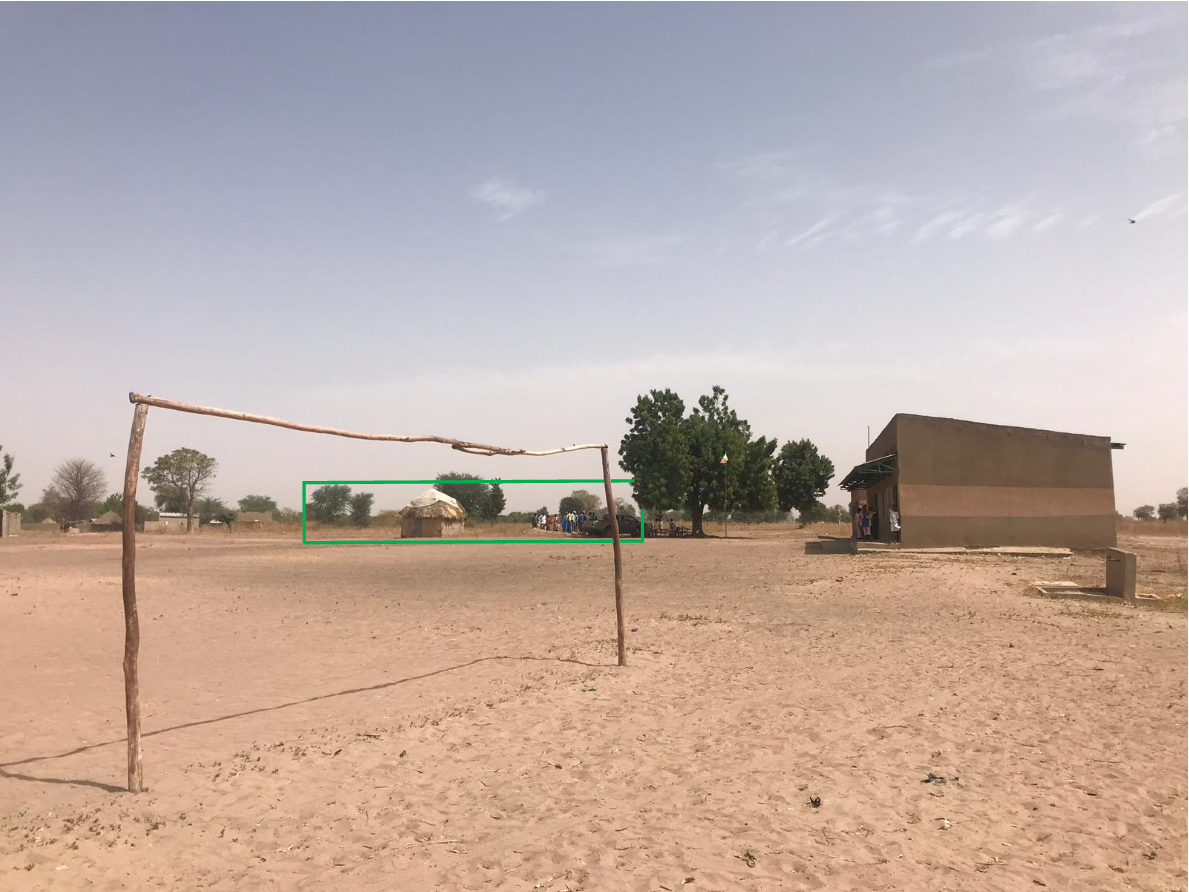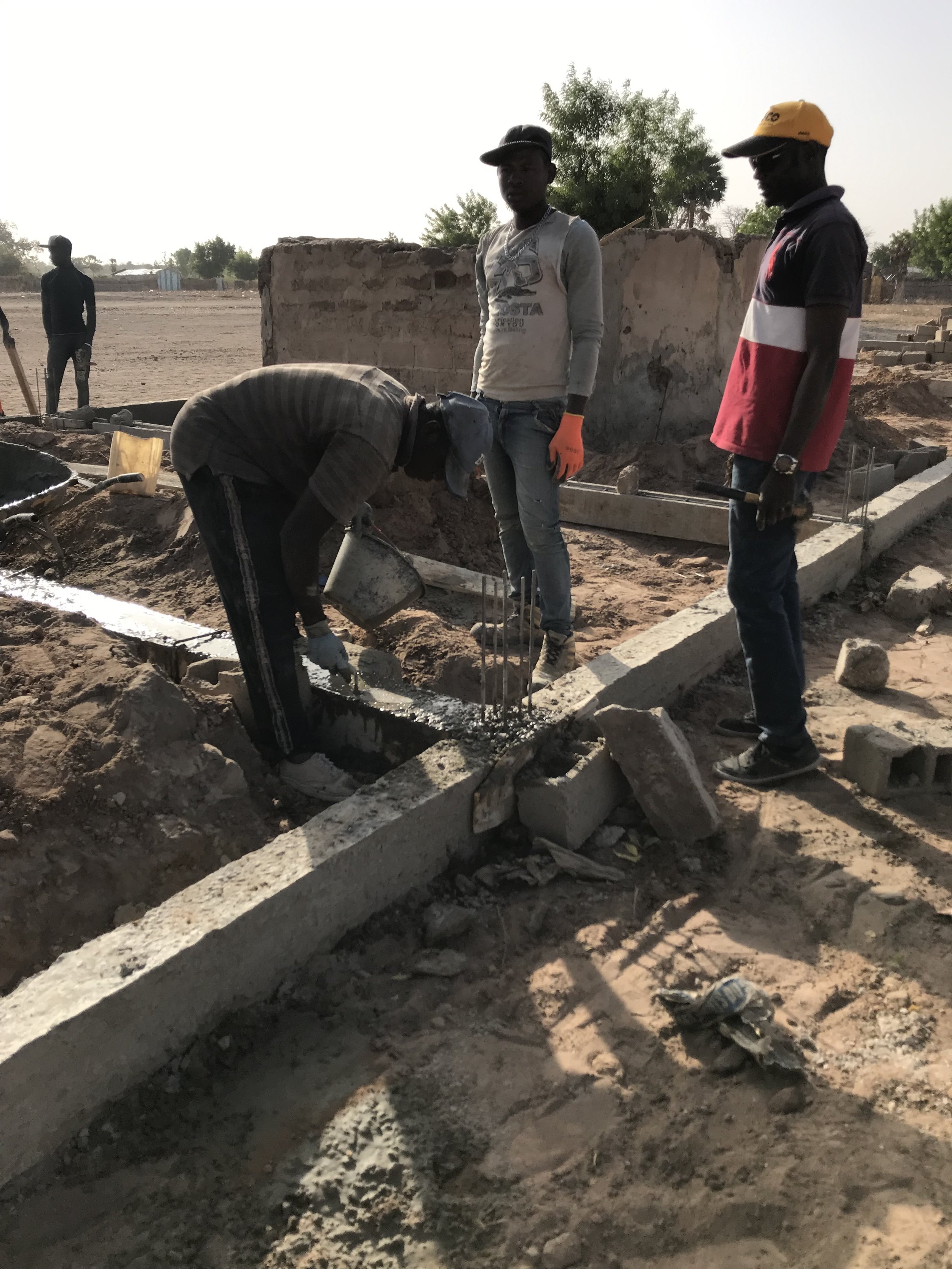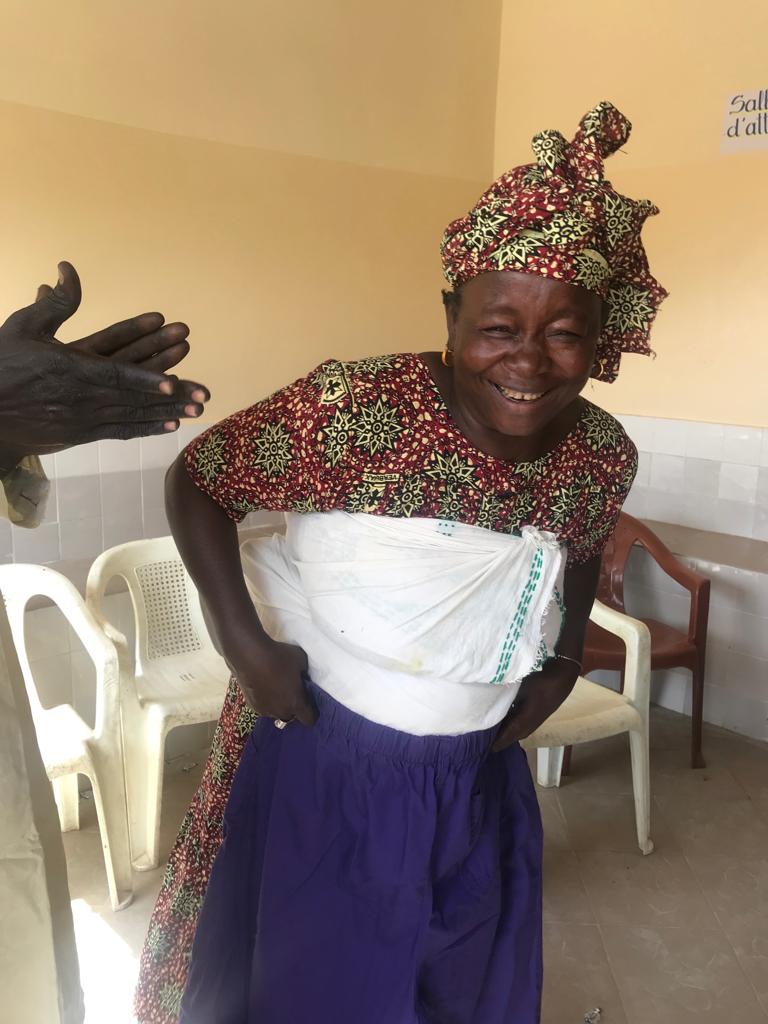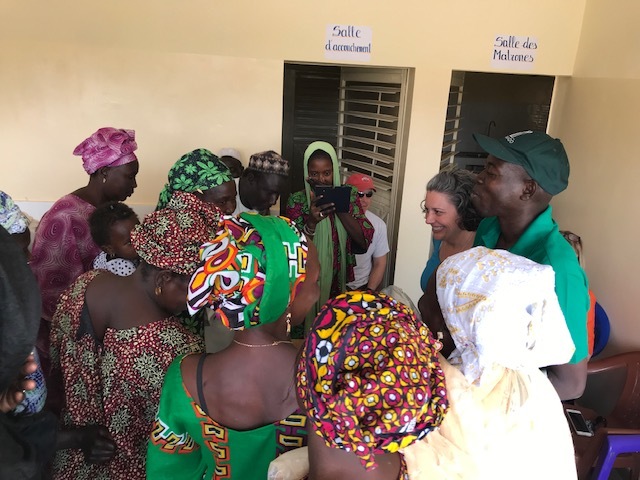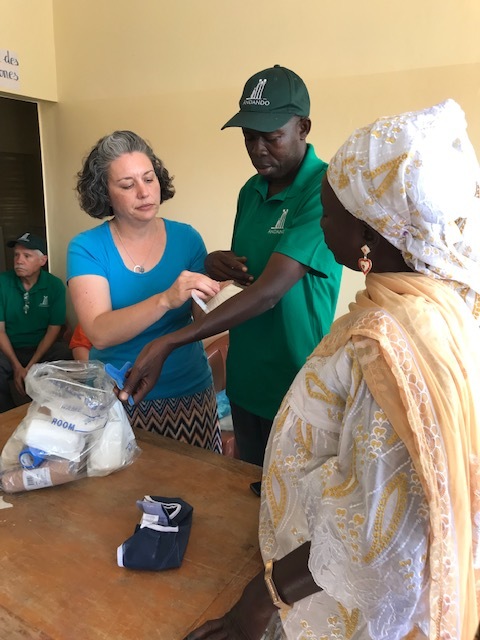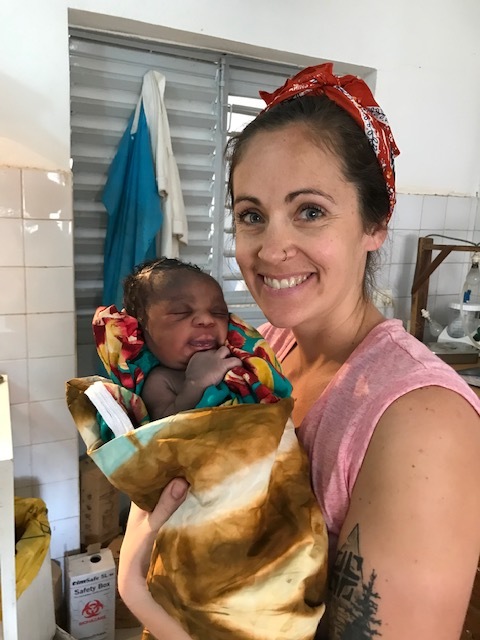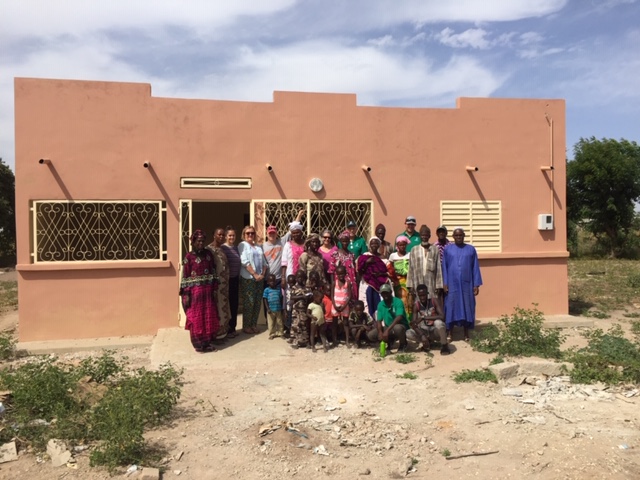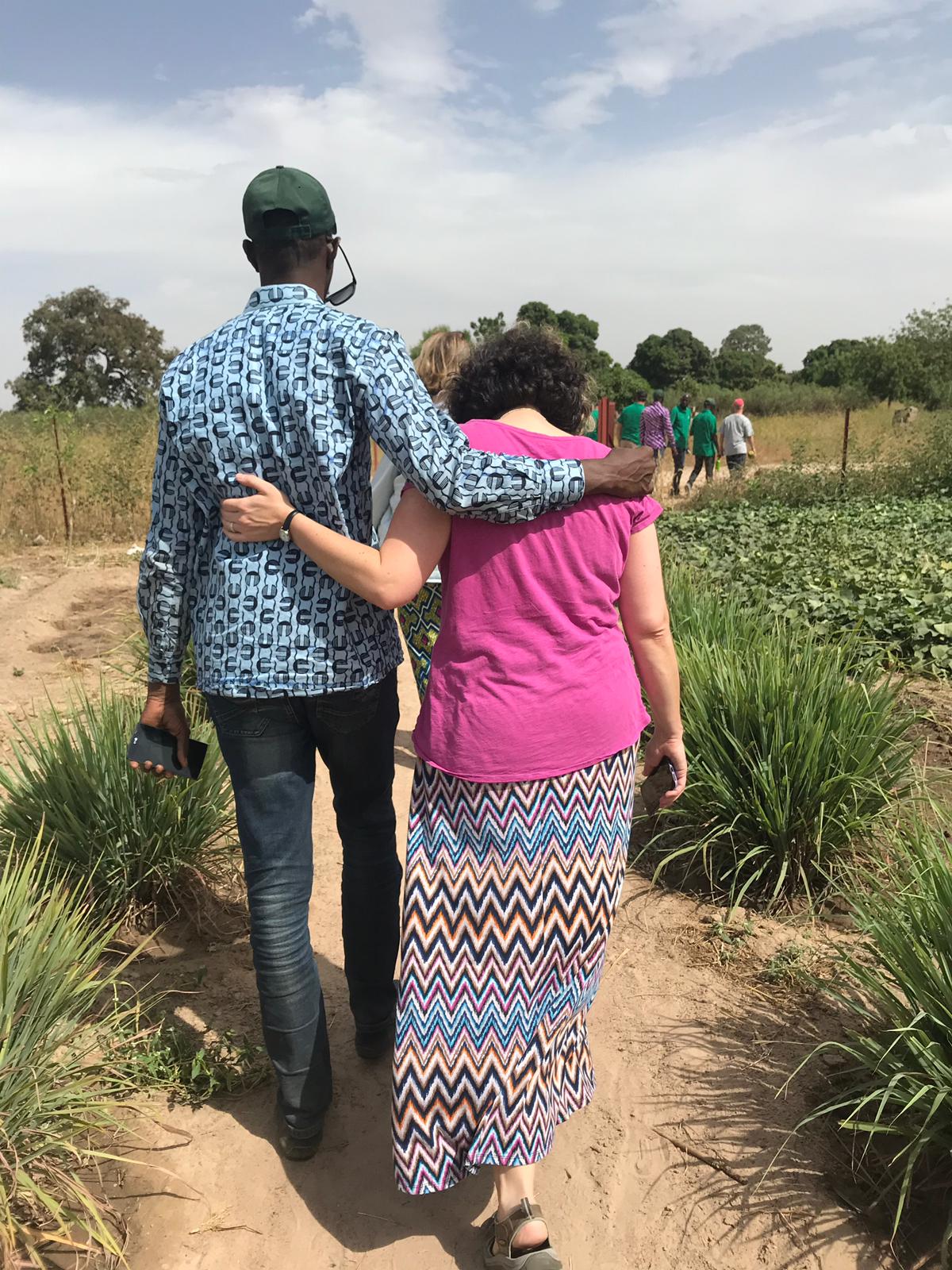Dear Andando Family,
With so much changing around the world on a daily basis, it is refreshing to see how people and communities are coming together to support one another. Keeping our staff and the participants in our programs safe is the highest priority for Andando.
In an effort to minimize the spread of coronavirus, Senegal has closed schools, banned religious and social gatherings, issued curfews, and limited transportation both at the border and in-country.
Diya (pictured left in green Andando shirt) is a health worker in the village of Ngor and is instrumental in teaching proper hand washing techniques to the community.
In response, our staff collaborated with local health workers to provide hand washing stations in all gardens. They are also closely monitoring the recommendations from the government and making sure those in rural communities have access to the information and resources needed to stay safe and healthy
Village chiefs and mayors have expressed their gratitude for the Andando gardens, which are now the sole source of produce for many communities.
Customers come directly to the gardens from local villages to purchase their produce.
We will continue to keep you updated both on the situation as it unfolds in Senegal, and with bright and inspiring stories of families and children who you have touched with your support!




